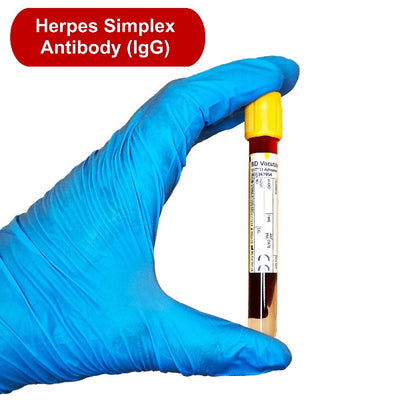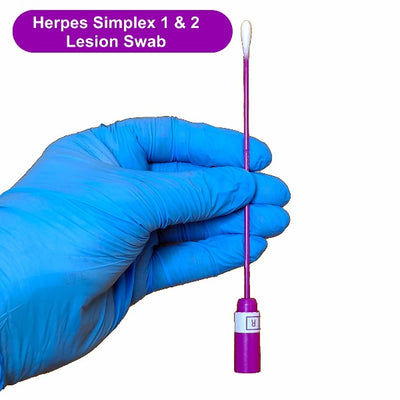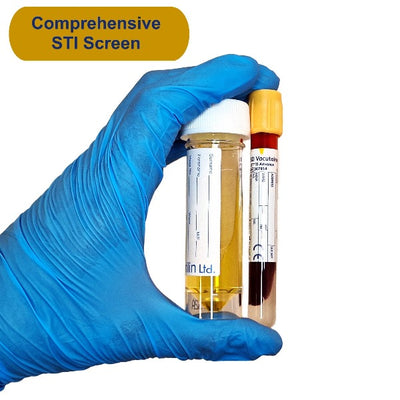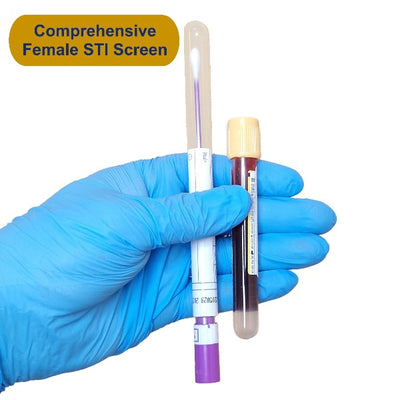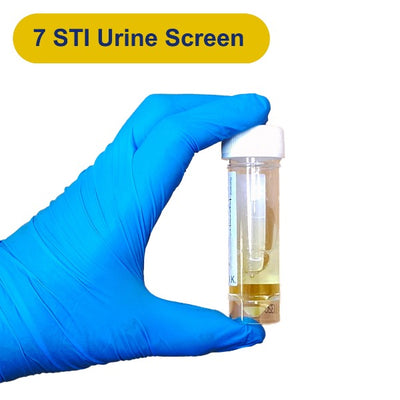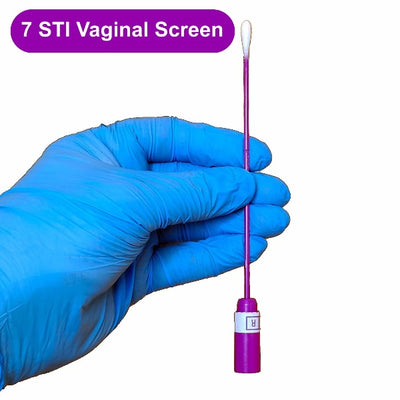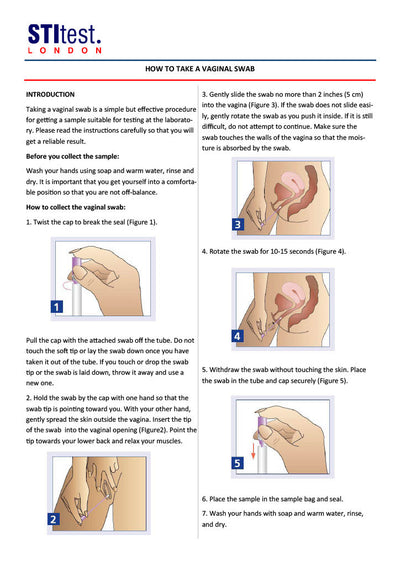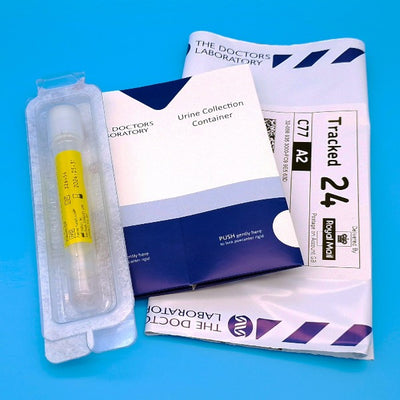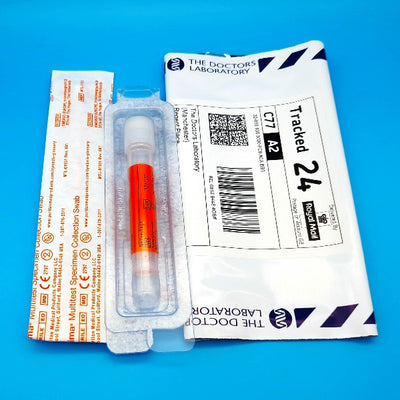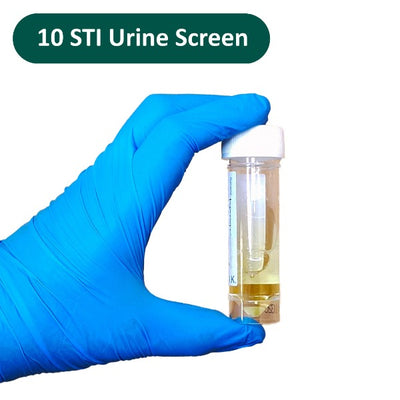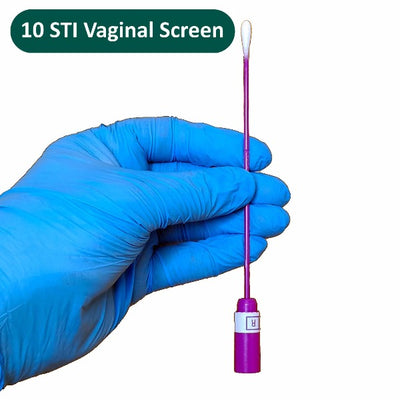Genital herpes
- Introduction
- The Herpes Simplex Virus (HSV)
- Who is Affected?
- Treating Genital Herpes
- Genital Herpes and Pregnancy
Introduction
Genital herpes is a common infection caused by the herpes simplex virus (HSV). It causes painful blisters on the genitals and the surrounding areas.
As genital herpes can be passed to others through sexual contact, it's often referred to as a sexually transmitted infection.
HSV can affect any mucous membrane (moist lining), such as those found in the mouth (cold sores).
Genital herpes is a long-term condition. The virus remains in your body and can become active again and again. It can come back 4 to 5 times in the first two years after being infected. However, over time, it tends to come back less often and each outbreak becomes less severe.
The Herpes Simplex Virus (HSV)
There are 2 types of herpes simplex virus (HSV), type 1 and type 2. Both types are highly contagious and can be passed easily from one person to another by direct contact.
Genital herpes is usually transmitted by having sex (vaginal, anal or oral) with an infected person. Even if someone with genital herpes doesn't have any symptoms, it's possible for them to pass the condition on to a sexual partner.
At least 8 out of 10 people who carry the virus don't know they have been infected because there are often few or no initial symptoms. However, certain triggers can activate the virus, causing an outbreak of genital herpes.
Who is Affected?
Genital herpes is a common condition, especially in people from 20 to 24 years old.
In 2013, 32,279 people attended a sexual health clinic in England with an attack of genital herpes for the first time.
Treating Genital Herpes
Although there's no cure for genital herpes, the symptoms can usually be controlled using antiviral medicines like ACICLOVIR. This is effective in treating the initial and recurrent herpes infection episodes. Click here if you need treatment.
However, it's important to prevent the spread of genital herpes by avoiding sex until symptoms have cleared up and continuing to use a condom afterwards.
Genital Herpes and Pregnancy
Genital herpes can cause problems during pregnancy. These complications can be more serious depending on whether you already have genital herpes or develop it for the first time while pregnant.


